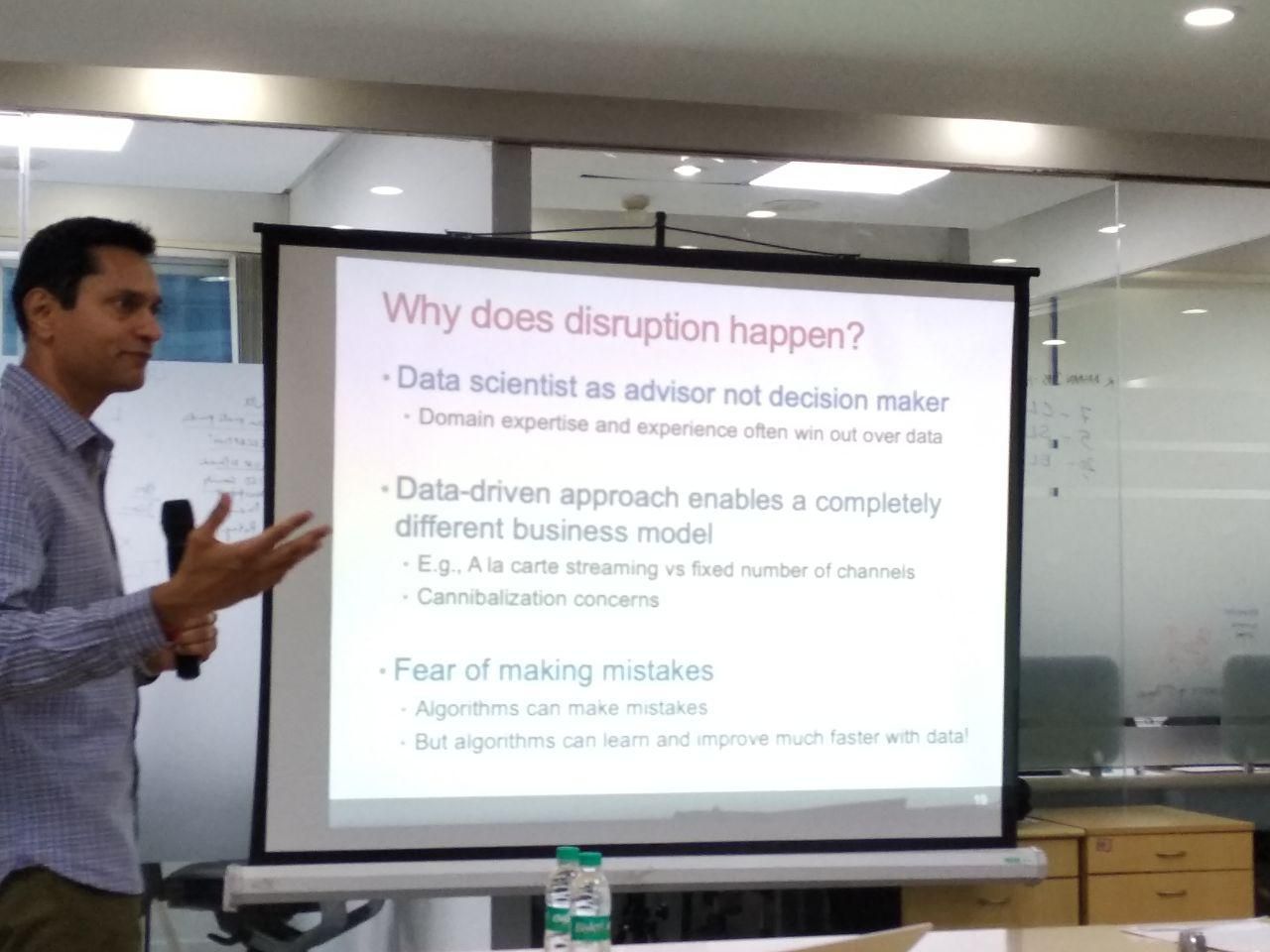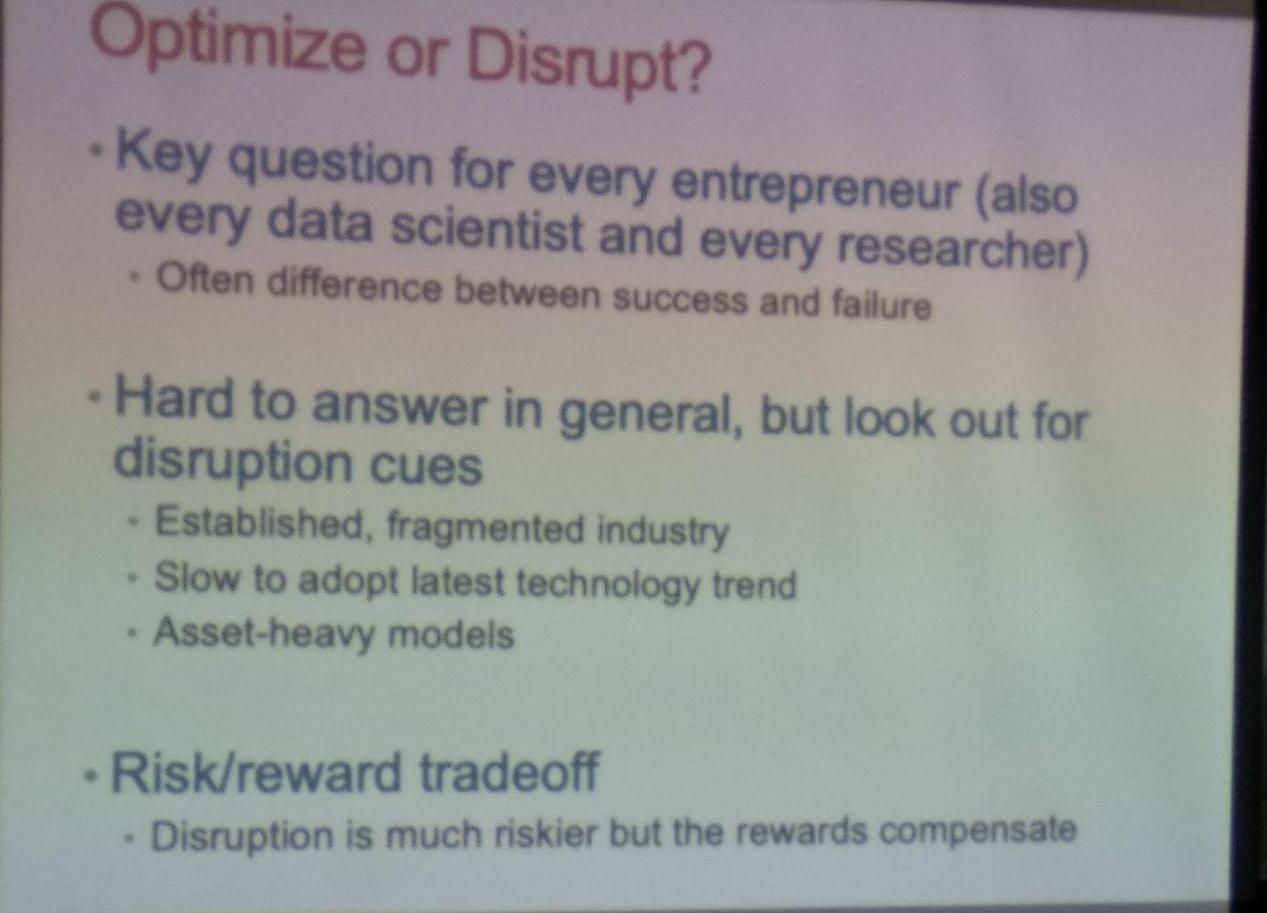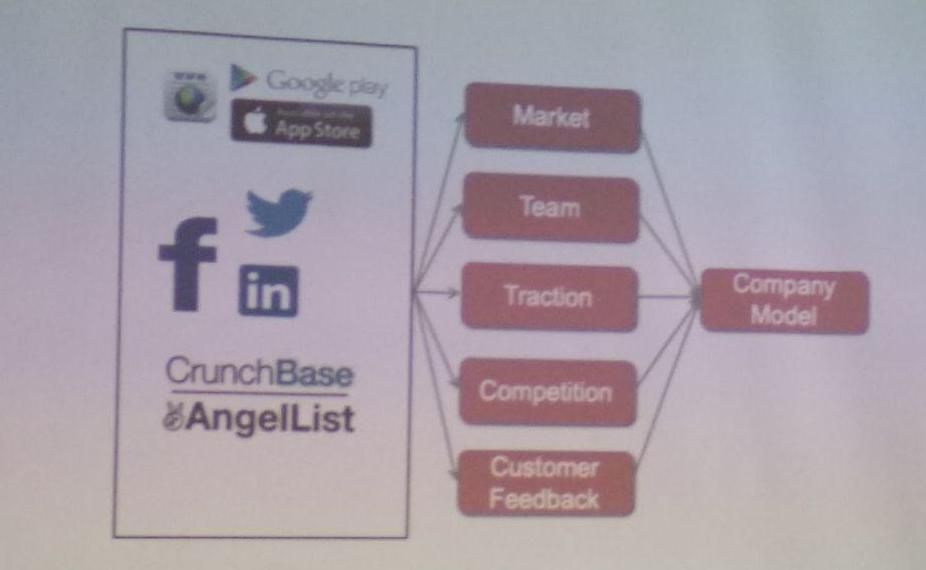In these series of blogs on Mental Models, I plan to take a model which I think is sufficiently generally applicable and try to get in greater details on them with examples.
One the key question most of us often face is what is the 'right' price of a product. I use the term product here in a broader sense of what can be 'bought' in competitive markets. It could be the price you pay for hiring talent in your company (aka salary), price investors pay for buying shares in a company (aka valuation) or anything else with competitive markets.
What I have observed is that the primary factors determining the price is the supply and demand for the item. It is a concept from ECON 101 but most of the time we don't apply it when thinking about things like salary, valuation, etc. The dynamics between buyer and seller, and psychological factors like FOMO (Fear of missing out) or scarcity become much more important than we would ideally like to think.
I will explain this in more detail with the following examples.
- Salary for a job - Most of the time we don't think salaries to be defined by the equations of supply and demand. At least, I used to think that some jobs should be paid more than other or a senior candidate should be paid higher than a junior one for similar roles. But thats not the case.
For example, Hardware engineers in Silicon Valley are paid around 100K USD while Software engineers who have gone through similar training can easily earn 150K-200 K USD. The fact that there are much fewer companies who work on hardware leads to lower demand for such engineers and hence, the companies can pay a lower salary. Software engineers on the other hand are needed by all app/ web based startups. These startups compete with each other to attract good talent and hence bid up the price in order to make their offer more attractive.
Keep in mind that the actual job of the hardware engineer may be tougher and more mentally taxing than those working on software. Though the market doesn't care about this and supply and demand becomes the primary mechanism which determine salary. 2. Bitcoin pricing - Many people had tried to come up with intrinsic valuation model for Bitcoin, but in my opinion most of these are just intellectual exercises to justify price which one is willing to pay. The recent crash of BTC from ~6000 to ~3700 USD attests to the fact that psychological factors like people's expectation of what the future of crypto can look like are much more important factors than what valuation models can spew out.
Fundamentally speaking, nothing much has changed in the crypto space apart from SEC getting a bit more stricter. But the fact that BTC didn't stand to people's expectation of 'mooning' caused a much greater effect by reducing the demand than any other rational factor. 3. Startup Valuation- While there are ballpark numbers thrown around on how much a Series A B2C startup be valued for what revenue projection etc, these are mostly exercises which investors go through when they are not keen about a startup. If there is a startup, which is looking to raise funds and is liked by more than one VC, then it mostly becomes a game of who is more desperate to invest. It may depend upon how much dry powder these VCs have to deploy, what do their LPs think about a sector (mostly based on their experience in US or China), and how much FOMO they have. Basically supply and demand.
If there are many good startups in sector which has suddenly become hot, VCs can choose from the platter, but if there are only a few startups which fit their thesis - then it becomes a game of outbidding the other and valuation models or only treated as minor obstructions. Numbers in the spreadsheets can always be adjusted to justify the numbers which investors are willing to pay for.
To summarise, price of an asset depends a lot more on the microstructures of the deal, the buyer and seller dynamics and emotional factors like FOMO, than what we generally account for. I think these factors become more important in comparatively illiquid markets like job market, private investing, etc. where relatively less number of parties participate and thus price discovery depends a lot on buyer and seller dynamics.
 Why does Disruption happen?
Another key question which Anand urged the audience to think about was: Whether they should use data to optimize existing products or create completely new disruptors? Though there is a scope for both types of innovation, he advocated thinking about disrupting existing business models by new ways of using data. For example, rather than using AI to optimize revenue for hospitals, can AI and data be used to create a new type of hospitals?
Why does Disruption happen?
Another key question which Anand urged the audience to think about was: Whether they should use data to optimize existing products or create completely new disruptors? Though there is a scope for both types of innovation, he advocated thinking about disrupting existing business models by new ways of using data. For example, rather than using AI to optimize revenue for hospitals, can AI and data be used to create a new type of hospitals?  Optimize or Disrupt?
Anand also practises what he preaches. In his current firm
Optimize or Disrupt?
Anand also practises what he preaches. In his current firm  Rocketship.vc Company Model
Though using data objectively in itself is an art. You can use the same data to tell different stories and succumb to the confirmation biases. The key is to have mechanisms to keep such biases in check and let the data tell the story rather than use data to confirm your story.
Rocketship.vc Company Model
Though using data objectively in itself is an art. You can use the same data to tell different stories and succumb to the confirmation biases. The key is to have mechanisms to keep such biases in check and let the data tell the story rather than use data to confirm your story.